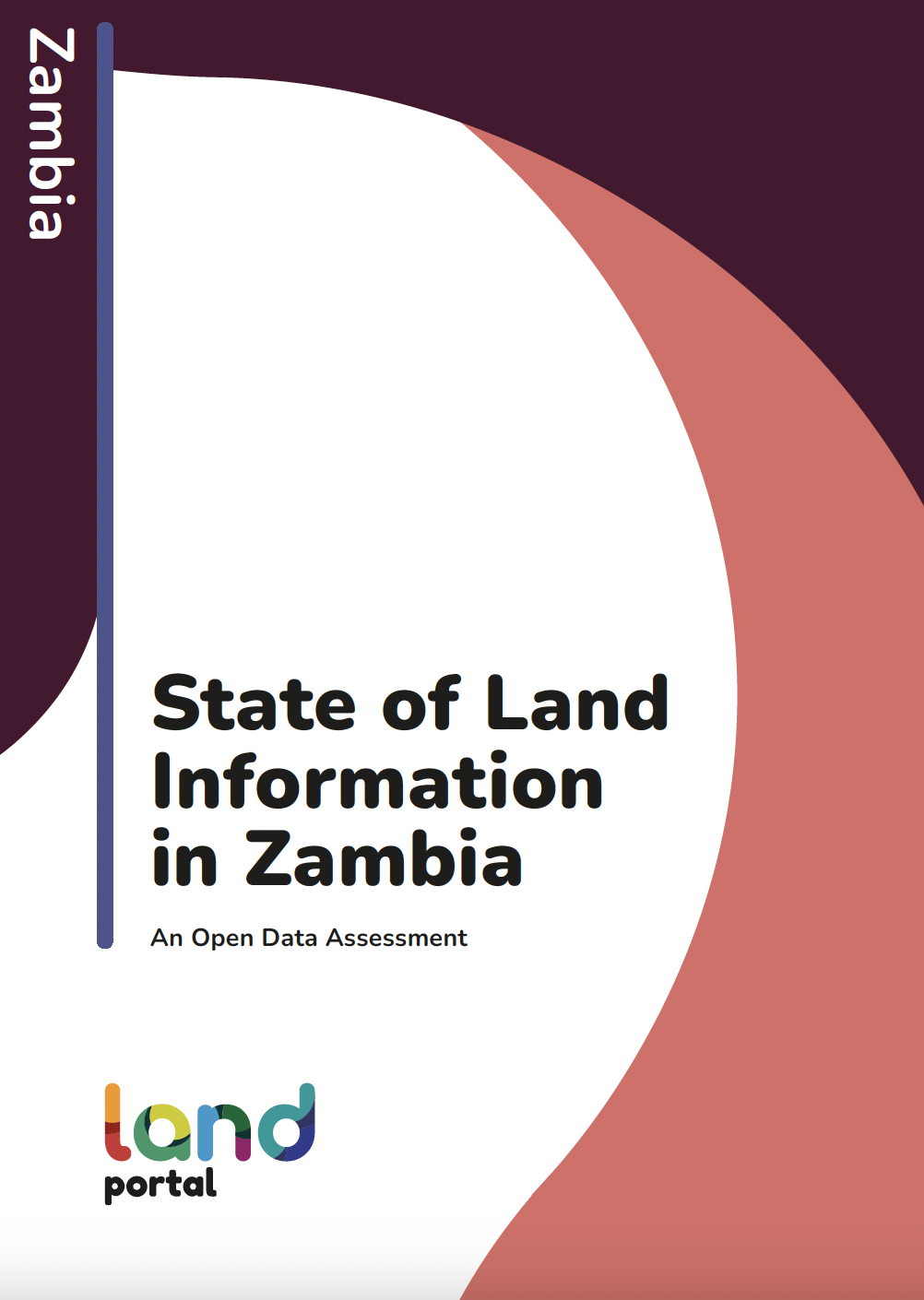The session examined innovative approaches to empower rural and Indigenous women through secure land rights, emphasizing the vital role of women in climate mitigation and adaptation. It highlighted the persistent barriers that women face in land ownership and control, which impact their economic…
Much has been made of the potential for aquaculture to improve rural livelihoods and food and nutrition security in Africa, though little evidence exists to back such claims. This study, conducted in northern Zambia, assessed the benefits of adopting aquaculture by comparing a sample of…
Context and Background:
The specialised land court in Zambia is known as the Lands Tribunal, and it was created in 1996 through the 1995 Lands Act. The Tribunal was established with the objective of achieving speedy, low cost, flexible and efficient means of settling conflicts over land.…
This State of Land Information (SOLI) report is an analysis of the current state of land data in Zambia, assessing the availability of land information and the compliance of this information with open data standards.
This research report identifies the various public sector sources of…
The Ministry of Green Economy and Environment (MGEE) through the Zambia Meteorological Department (ZMD) hosted a three-day national Stakeholders’ Consultation Workshop at Urban Hotel in Lusaka, Zambia from 14 to 16 November 2023 to develop a National Framework for Weather, Water and Climate…
This paper presents a temperature-based early warning alert system for fish farmers in Zambia. The decision support tool indicating the conditions under which air temperatures may result in a normal, high risk or emergency scenario, combined with the monitoring and management mitigations…
The primary goal of this report is to provide evidence on the impact of CSA technology packages on smallholder farmers under the accelerator programme in in Zambia. The AICCRA Zambia accelerator program tested various CSA technology packages, designed and implemented through agribusiness…
In this brief, we present AICCRA Zambia's scaling vision. Our scaling strategy employs a number of interconnected and mutually reinforcing channels. These include public and private sector scaling partnerships, individual and collective investments, financing mechanism for SMEs,…
The purpose of the familiarization tour was to interact with the farmers who are implementing a community led solar powered irrigation scheme and appreciate what the CCARDESA project is implementing and the existing conditions and facilities available in Katapazi agricultural camp. The report…
This is a report on an innovation packaging exercise for the Munda makeover innovation. Munda makeover innovation packaging is being implemented by the Alliance of Bioversity International and the International Center for Tropical Agriculture (ABC) and partners. It is part of the work under the…





